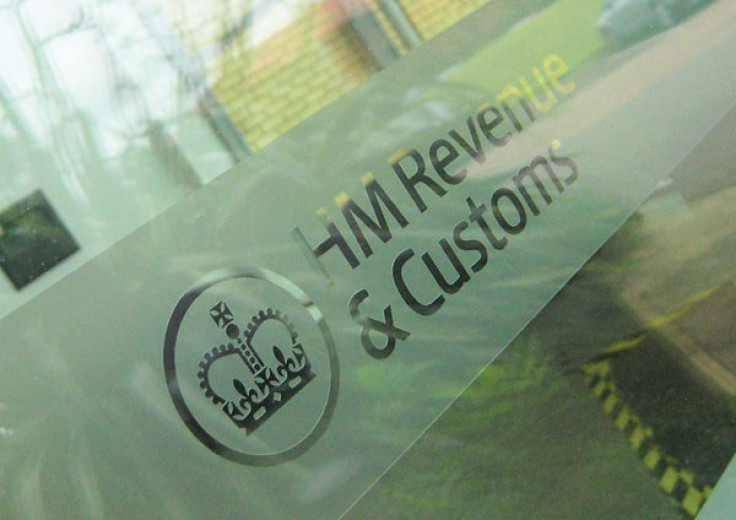UK Uncut Loses High Court Challenge to HMRC's 'Sweetheart Deal' with Goldman Sachs

UK Uncut, the anti-tax avoidance campaign group, has lost its high court challenge to a so-called "sweetheart deal" worth £10m between HMRC and investment banking giant Goldman Sachs.
Lawyers working for UK Uncut took HMRC to court over its decision to let Goldman Sachs off millions in interest on tax it owed after a court ruled an offshore avoidance scheme used by the bank to dodge employer national insurance contributions was illegal.
However high court judges have now ruled that the deal was lawful, though they noted that it was "was not a glorious episode in the history of the Revenue" in their judgment.
"Obviously while we are deeply disappointed that this deal has not been declared unlawful, the judge's ruling that top HMRC officials played politics with major tax deals to protect [George] Osborne's reputation is a major victory in exposing the truth behind these secret deals," said Anna Walker, Campaigns Director of UK Uncut Legal Action.
"Despite not having won the case today we still feel that this judgment has demonstrated that the government is making a political choice to cut legal aid, public services and the welfare system, rather than take action to make corporate giants like Goldman Sachs, Amazon or Google pay their fair share of tax.
"This case has exposed the lengths the government will go to look tough on tax avoidance and has been vital in holding the government to account for its shameful actions."
The case stemmed from a tax avoidance scheme known as an employment benefit trust (EBT). The scheme relied on offshore units through which staff could be paid, meaning the 21 banks using EBTs could dodge paying the employer national insurance contribution.
After years of investigation by HMRC, the courts ruled in 2005 that EBTs were unlawful tax schemes. All of the banks involved in EBTs coughed up the cash they owed from unlawful avoidance, apart from Goldman Sachs.
It refused to pay the £40m it owed by 2011, when an additional £10m of interest had accrued on the outstanding tax bill. A judge threw out Goldman's appeal against the ruling that its EBT was unlawful.
Leaked minutes from a November 2010 meeting between HMRC's Hartnett and Goldman's tax director Mike Housden, published by the Guardian, exposed that the pair had "shaken hands" on a cosy £30m deal to settle the dispute - £10m less than was owed.
HMRC has reportedly done a number of other sweetheart deals with multinational corporations, raking in £4.5bn for the Treasury, though it is not known how much tax owed was waived in the process.
"The High Court's comprehensive dismissal of UK Uncut's claim puts to rest the fallacy that HMRC is soft on large businesses," said Jim Harra, HMRC's director general for business tax.
"HMRC has an exemplary record in relentlessly challenging those who avoid tax. We have recovered £34 billion in additional revenues from large businesses in the last seven years.
"The High Court's judgment confirms what HMRC has always said: that while we made errors in settling the Goldman Sachs dispute, we made the right settlement in the circumstances, and that our decision was both proper and lawful.
"This issue has been rigorously and repeatedly scrutinised - by the Public Accounts Committee, by a retired High Court judge on behalf of the National Audit Office and now by the High Court itself.
"The public can have confidence in our governance processes, which we have strengthened, providing greater levels of scrutiny, transparency and role separation.
"In its definitive judgement, the High Court has now drawn a line under the Goldman Sachs issue. HMRC can now get on with the critical job of working to ensure that all individuals and companies, big and small, pay the tax they owe to fund the UK's essential public services."
Related articles:
Australia's Wayne Swan Rallies G20 Over Corporate Tax Evasion
UK Tax Avoidance: Top 10 Giant Companies Dodging Corporation Tax [SLIDESHOW]
UK Tax Avoidance: Hypocritical Consumers Still Drinking at Starbucks and Shopping on Amazon
© Copyright IBTimes 2024. All rights reserved.






